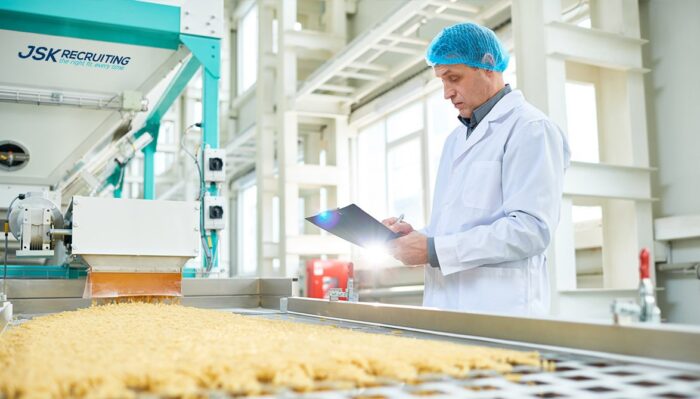Food Innovation: How 2020 Completely Changed the Food Industry
Besides completely altering life as we know it, COVID sparked a significant boom of food innovation in 2020 and shook the food industry. Read on to learn how.
2020 has been a hard year. It’s disrupted the status quo and caused major shifts in nearly every realm of business. And the food industry was and is no exception.
But not every paradigm shift and evolution caused by COVID-19 was negative. Yes, there has been immense strain involved with the global pandemic and our current political climate this year. But there has also been an explosion of food innovation and development. And — once 2020 is behind us — things might not ever fully “return to normal.”
But maybe, in some cases, that’s actually good.
Keep reading below to explore how 2020 has completely changed the food industry!
2020 Created New Consumer Mindsets
In March of 2020, QSR magazine reported that 30% of surveyed individuals were afraid to eat out at restaurants. And an increase in curbside and to-go traffic have pointed to a general anxiety towards spending long amounts of time indoors at grocery stores.
These trends show no signs of stopping. As a result, the new food consumer doesn’t have much time or mental space left for discovering new restaurants, trying new menu items, or exploring the aisles of a grocery store.
They have a new mindset now. This has forced the food industry to adapt. Bringing new marketing strategies, delayed product launches, and all-new, more-relevant projects to the table.
2020 Helped Market Uncommon Purchases
At the beginning of the COVID-19 pandemic, we all saw the pictures of empty grocery store shelves. Not a single roll of toilet paper, bag of rice, or jar of pasta sauce in sight!
But in an article with Food Industry Executive, Al Banisch, Executive Vice President of Mattson, shares how this scarcity has birthed — out of necessity — a very grass-roots form of marketing for traditionally uncommon consumer purchases. At the start of things, when he couldn’t find his usual pasta sauce, he was forced to buy an alternative, something he’d never tried before. It quickly became his new favorite.
While stock has returned (relatively) back to normal in most locations now, customers already have a taste for the new products they were forced to try. And as a result, these once uncommon purchases have become fan-favorite, household names.
2020 Sparked a Firestorm of Innovation
With new mindsets and new purchasing habits quickly becoming a defining factor of the 2020 food industry, it’s no surprise that this year has also become a catalyst for new ideas.
For instance, plant-based products have grown significantly in the past two years. And with the connection between animals and COVID-19, that trend will most likely continue to grow.
With social distancing and COVID workplace guidelines as the new standard, the food industry has also seen a push towards robotics and automation. This has led to a need for ever-adapting hiring and recruiting processes.
To survive economic hurts, restaurants have evolved. For instance, many now provide in-store grocery shopping and emphasized outdoor dining experiences. And to meet customer demand for foods that can help improve their immune systems, vendors are exploring new ways to reinvent old classics with a healthier spin (looking at you frozen cauliflower pizza!).
It’s Just the Beginning for Food Innovation
Things are changing rapidly and on a day-by-day basis. The world’s biggest brands are pursuing food innovation — alongside entrepreneurial startups and newcomers. Ultimately, 2020 might just be the beginning of an even bigger industry paradigm shift.
While this year has brought a lot of hurt, it’s also brought an incredible amount of resilience, adaptation, and growth. And now, we’re hoping to stay optimistic, excited for what’s around the corner — together, working for you.
To learn more about the state of the food industry or see how you can get involved, contact us online or at 847-881-3338.


